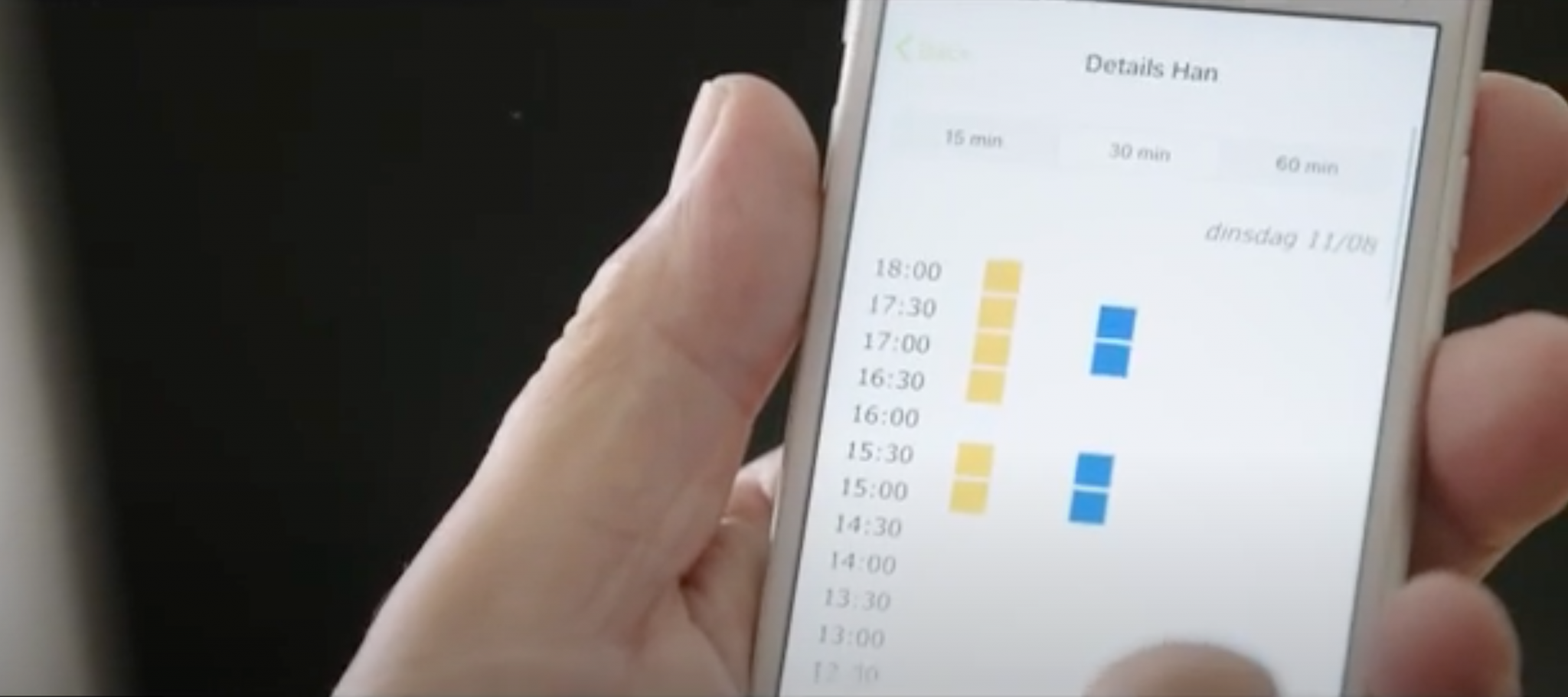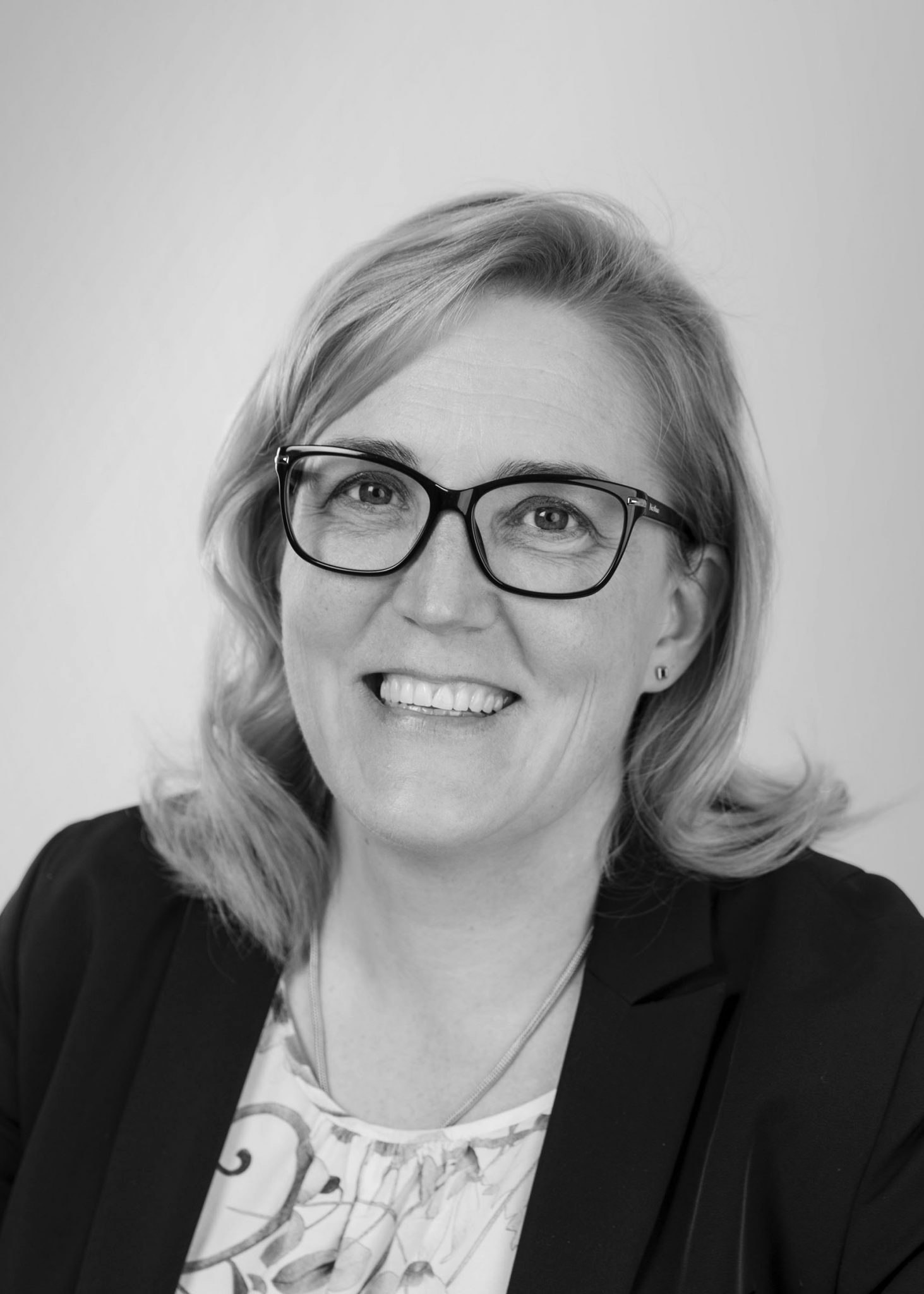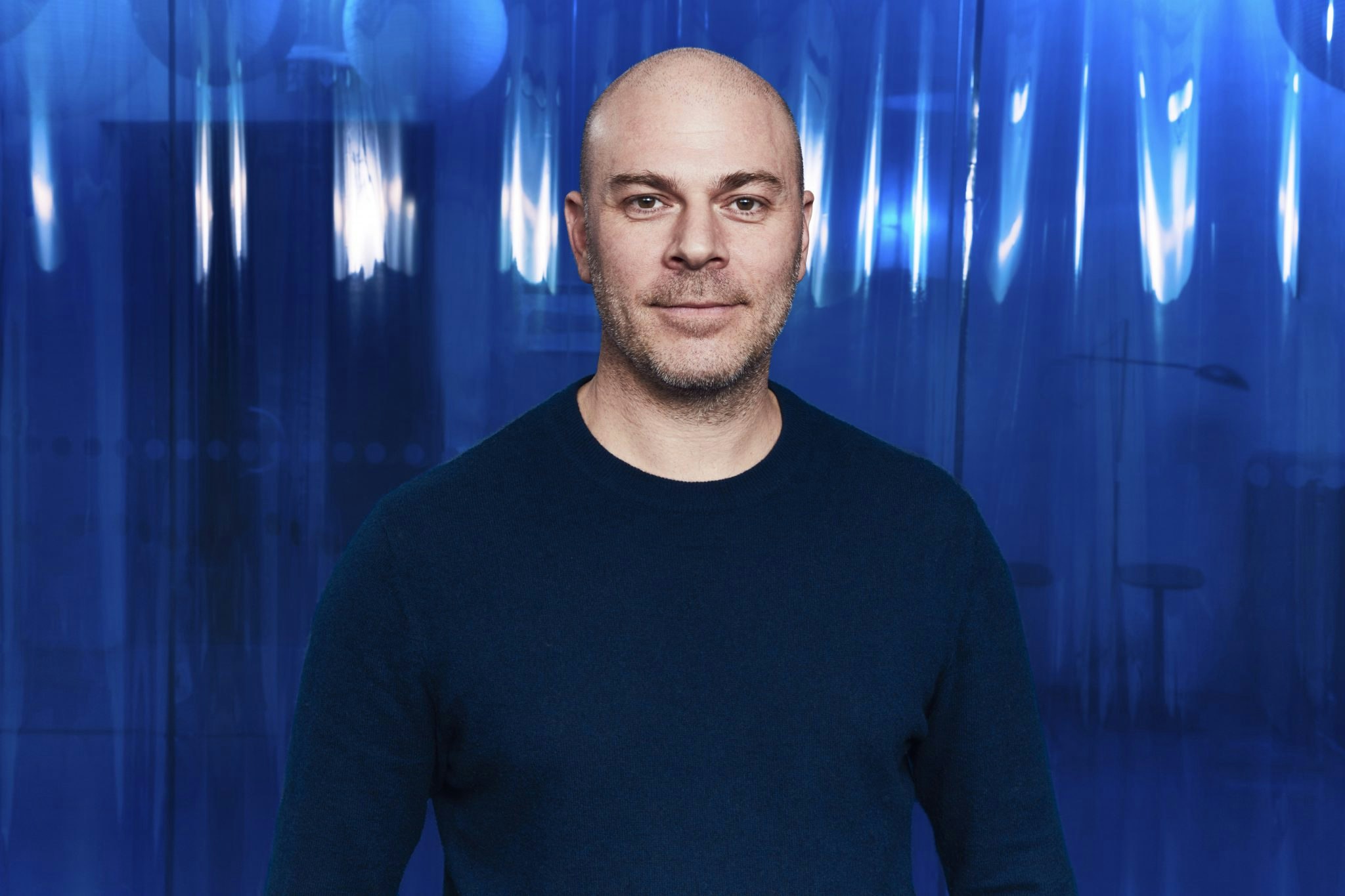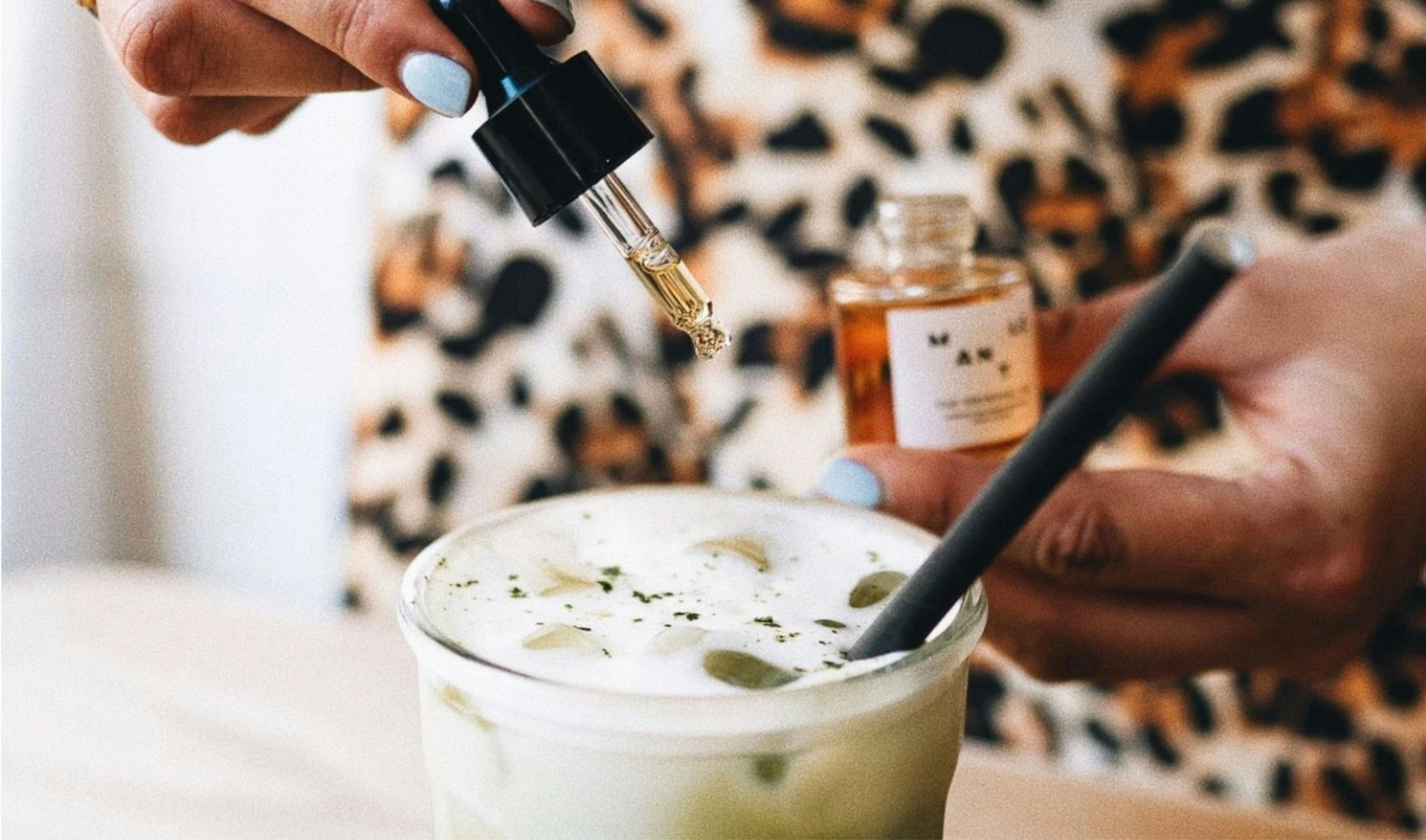Some people dream of buying a house in the countryside when they retire or getting into gardening or playing bridge.
But 83-year-old Han van Doorn has a different idea: he wants to build a tech startup.
After taking care of his wife who suffered dementia for five years before she passed away, as well as being a witness to a tragic accident, he wanted to feel secure in his home and not be found long dead by the bottom of the stairs one morning.
“What happens when I fall down the stairs? How long does it take for somebody to find me? My sister in law, who I called and called and she didn't answer; In the end, I went to the house. I opened the door and there were newspapers behind the door for the last three days. I won’t tell you what I found.”
Like many old men, I don't want a button around my neck, I want nothing around my wrist and no cameras or sensors in my house.
Those are the reasons why he started working on his startup AreYouOkayToday for four years ago. The company uses elderly people’s electronic habits (e.g their coffee machine or their computer) to create a pattern of behaviour and then warn in case there is a change. Like many older startup founders, van Doorn sees his age as an advantage.
“My unique selling point is my age. One advantage is that I understand the problem. When I talk to young people, they say, if you are so afraid of falling, you can just wear a button,” van Doorn tells Sifted.
“Like many old men, I don't want a button around my neck, I want nothing around my wrist and no cameras or sensors in my house. Absolutely nothing. They [young people] don't understand that. And that was the starting point for us.”
Privacy of elderly
With AreYouOkayToday van Doorn has designed a system that learns the pattern of the electricity consumption of each individual device in the home.
With a small hardware plugged into the electricity meter, it feeds the user information back to an app. If there is an abnormality to the user’s pattern, the app will send a notification to the user and then a telephone call. If the user does not respond, the user’s relatives or caregivers will be notified.
For van Doorn, it was important that the app first reach out to the user instead of others. “Otherwise my privacy is broken,” he says.
There are a lot of startups in this field and for most of them, the solution is a button or a wearable that keeps track on older peoples’ movements – like Zembro’s connected bracelet, Yepzon’s indoor tracker and Nectarine Health’s lightweight wristband. Some companies have had similar ideas to van Doorn, however, they mostly do not have the same focus on the privacy of the elderly.
Trillion-dollar market
And perhaps it is the elderly people that tech startups should have in mind. The longevity sector has been growing steadily – by 2025 there will be 2.1bn people over the age of 50 who will represent more than 25% of the global population – and they are getting more and more digitally adept.
According to 4Gen Ventures, the agetech venture capital company with offices in the US and the UK, the value of the global agetech sector will soon hit $2tn. Better to be ready for it.
I have a technical background and I'm good at innovation but I don’t have the slightest idea of how to create and run a company.
For van Doorn, who has over 30 years experience from IBM, it was no great achievement coming up with the technological solution for a system that did not limit the user’s privacy but gave relatives ease of mind.
“My son and I sat down by the table and went through our requirements. He has worked at Microsoft for ten years, so he could implement and design the programs, and also design the app,” van Doorn says.
Program for late bloomers
The startup set up partnerships first with an electric company and later an insurance company. Both paid for piloting the product in hundreds of homes in the Netherlands. However, in the end, both partners had to withdraw due to management changes.
“The electricity company was sold to another company and it therefore cut down on all expenses. It even fired the two people that had run the pilot. They came to us and asked us if they could join us,” van Doorn says.
After those setbacks van Doorn had to start over again. But by chance, he stumbled across an accelerator program by EIT Health that focused on late bloomers in tech, the entrepreneurs over 50.
“At that moment I was really in a dip and as a gift from heaven, I came across this project. I have a technical background and I'm good at innovation but I don’t have the slightest idea of how to create and run a company.”
[caption id="attachment_31274" align="alignnone" width="1024"]

The AreYouOkay.Today app will warn if it detects a change in usage from previous days.[/caption]
The startup has been bootstrapping since the start and only the van Doorn’s pension and savings, about €30,000, has been spent.
“This is another advantage of senior entrepreneurship. After retiring I have a solid financial base. So I am completely independent.”
Ahead of the launch at the beginning of 2021, there are things to sort out.
“The weakest point of the whole project is the team. We are only two people so my highest priority right now is to build a team. I'm afraid that as I go live I will immediately get too many customers to handle,” van Doorn says.



